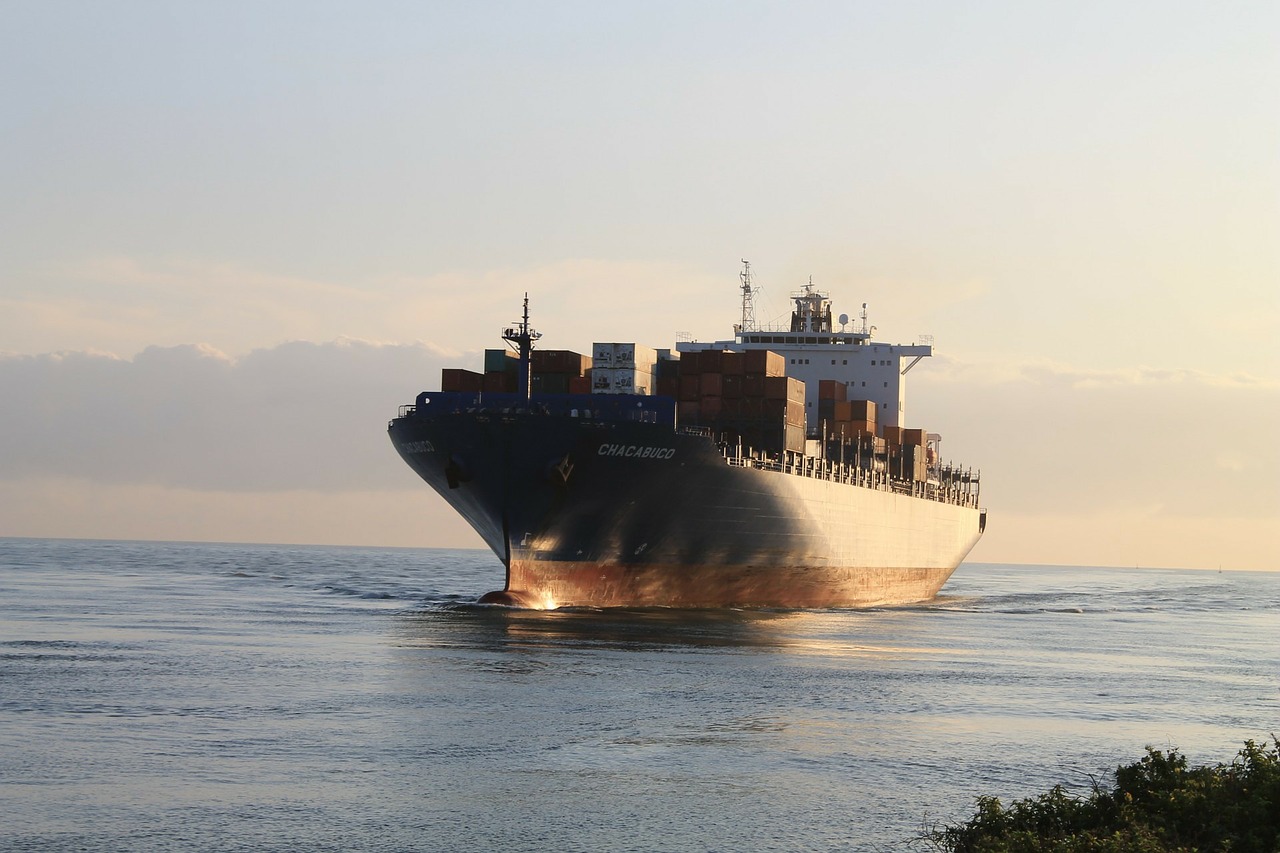Marine Insurance

Purpose of Marine Insurance
- To provide an indemnity to ship and cargo owners against fortuitous loss and liability arising out of risks associated with a “Marine adventure”.
- A principle, as other forms of insurance, whereby “the misfortunes of the few are covered by the contributions of the many”.
Categories of Marine Insurance
- Hull– which covers damage to ship and her equipment (both during construction and later while operating), as well as ¾ collision liability.
- Cargo– which covers damage to goods carried on board a ship, as well as prior to loading and after discharge and during inter-modal carriage.
- Freight– which covers the earnings of freight and effected by the person entitled to the freight i.e. owner/charterer.
- Protection and Indemnity [P&I]– covers third party legal liabilities incurred for owning and operating a ship, not otherwise covered by hull policy (e.g. crew injury, pollution or damage to a jetty) plus ¼ collision liability.
- Port Operations– cover losses and liabilities arising out of the operation of a port facility as well as damage to containers.
MARINE CARGO INSURANCE
This covers the transit of goods of every description by sea or air (including in-land transit which may involve rail or road transit) into or from our country There exists a great diversity of cargo interest nevertheless there are certain factors that are common to and influence their underwriting. Scope of Covers on Institute Cargo Clauses ‘A’ ‘B’ or ‘C’ should be understood by both parties (i.e. insured and underwriters) at the beginning of the negotiation as this influences premium payable.
Basically, Marine Cargo Insurance provides cover for the following:
- Unexplained disappearance
- Handling and storage hazards
- Water damage
- Fire damage
- General average declaration
- Other fortuitous risks
There are 3 types of cover, Institute Cargo Classes “A”, “B” and “C”.
(A) INSTITUTE CARGO CLAUSE A
This covers “all risks” except specified exclusions. These exclusions are stated in various clauses as provided by the Marine Offices Committee of the Nigerian Insurers Association. The scope of this cover would include: breakages, damages, shortages etc.
(B) INSTITUTE CARGO CLAUSE “B”
This covers only loss of or damage to the subject matter insured emanating from the understated – Otherwise called a named perils clause.
- Fire, explosion
- Vessel or craft being stranded, grounded, sunk or capsized
- Overturning or derailment of land conveyance
- Collision or contact of vessel, craft with any external object apart from water.
- Discharge of cargo at a port of distress
- Earthquake, volcanic eruption or lightning
- Entry of sea, lake or river water into vessel, craft hold conveyance, container, lift van or place of storage
- Total loss of any package loaded overboard or dropped whilst loading into or unloading vessel or craft
- Jettison and washing over board.
(C) INSTITUTE CARGO CLAUSES “C” OR GENERAL AVERAGE CLAUSES
It is the least amongst the three. It covers the followings:
- Fire, explosion
- Vessel or craft being stranded, grounded, sunk or capsized
- Overturning or derailment of land conveyance
- Collision or contact of vessel, craft with any external object apart from water.
- Discharge of cargo at a port of distress
- Jettison
- General Average
The main difference between this and the other classes is that it does not cover partial losses but would only cover goods to be carried on total loss basis.
Underwriting Considerations
Consideration should be given to the following factors:
- The name of the insured or the person who effects the policy on his behalf.
- The subject matter of the policy must be stated with reasonable certainty. This is done by giving a vivid description of the consignment e.g. rice, cement, machine spare parts etc.
- The sum insured should be specified. It is referred to as the bottom or conveyance limit especially where it is an open cover where declaration is required by certificate. The bottom or conveyance limit, readily tells us, the maximum value of the consignment that the insured will want to import at any time.
- The type of cover required e.g. Clauses A or B or C
- Instruction that immediate notice of loss or damage should be given to insurers.
Request a Free Consultation
Get a quote or talk to an agent.

